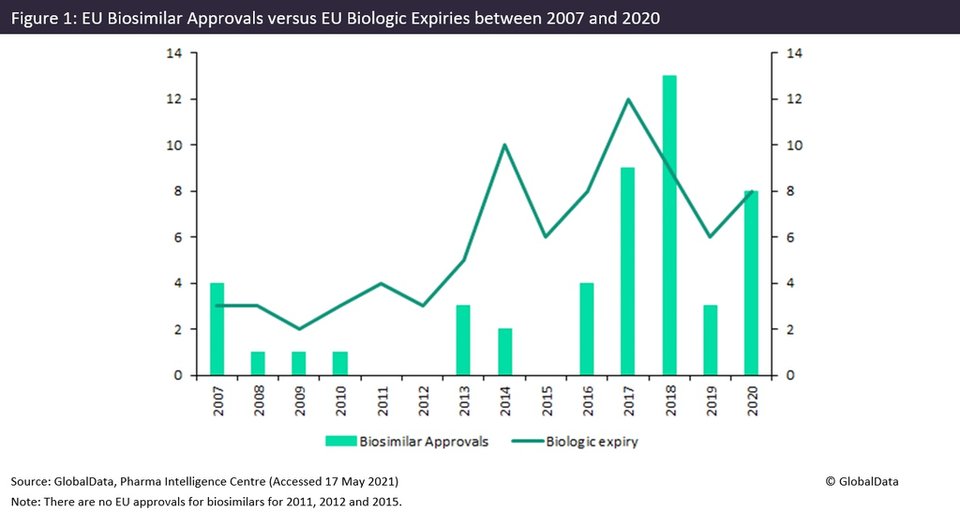
Image: Atomwise CEO and co-founder Abraham Heifets
Accelerated approval designations in China
Only two accelerated approval designations have been awarded in China since 2015, despite an increase in other drug designations.
Dr Judith M. Sills. Credit: Arriello
Dr Eric Caugant. Credit: Arriello
In September, three drugs were awarded priority review and three drugs were given breakthrough therapy designation by China’s National Medical Products Administration (NMPA). These six drugs included Amgen’s bemarituzumab, a Phase III monoclonal antibody that is indicated for gastroesophageal (GE) junction carcinomas.
But despite the increasing number of priority review and breakthrough therapy designations awarded within China, only two accelerated approval designations have been awarded since 2015.
Since 2015, China has reformed its regulatory system to include various fast-track programmes in order to drive the development of drugs for unmet medical needs and serious conditions. These include priority review, breakthrough therapy and accelerated approval designations.
Priority review is a fast-track regulatory programme that reduces regulatory review and approval timelines for innovative drugs with significant clinical advantages, and for which there is an urgent clinical need.
Breakthrough therapy designation aims to expedite the development and review of drugs intended to treat serious conditions where preliminary clinical evidence indicates that the drug may demonstrate a substantial improvement over available therapy on a clinically significant endpoint.
The accelerated approval programme allows for the earlier approval of drugs that treat serious conditions and fill unmet medical needs based on a surrogate endpoint.

Since 2015, China has awarded 283 designations to 199 drugs. Of these designations, priority reviews are the most popular, with 156 drugs awarded to this designation. Breakthrough therapy designations are in second place, accounting for 46 drugs. In contrast, only two drugs have been given the accelerated approval designation since 2015.
One of these is Shanghai Junshi Bioscience’s toripalimab, a monoclonal antibody that was awarded the accelerated approval designation in March 2018 and is indicated for metastatic melanoma. Toripalimab was the first domestic programmed cell death protein 1 monoclonal antibody approved in China.
The NMPA has implemented and awarded review designations for many drugs, allowing the stimulation of domestic products such as toripalimab and helping combat unmet need for indications such as rare diseases and prevalent oncology diseases.
The lack of drugs being awarded accelerated approval indicates that China is focusing largely on breakthrough and priority review designations, which help expedite the NMPA’s review and approval process.
In contrast, the accelerated approval programme allows for the use of a surrogate endpoint without guaranteeing any reduction in the review or approval process, which may increase the likelihood that companies will seek out breakthrough therapy and priority rReview designations.
More information on China’s review designations can be obtained from GlobalData’s Pharma Intelligence Centre Drugs Database.
COMMENT from